Last week, NOW Magazine’s cover story, entitled “Dreaming of Music City,” featured interviews with ten members of Toronto’s local music community including artists, promoters, producers, record label owners, and music festival operators. They were asked about their experiences and the challenges they see for Toronto in becoming a world-renowned Music City.
The article highlights several important issues, including: the safety of musicians (and audiences) who belong to marginalized groups, affordable housing for musicians and artists, music industry-community collaboration, and music venue accessibility. Government funding, entertainment districts, and the use of public space for music are also discussed as policies for the city’s consideration.
Since the release of The Mastering of a Music City report in Summer 2015—a report which serves as a roadmap for cities seeking to grow their music communities and become Music Cities with vibrant, actively promoted music economies—Music Canada has travelled to music events and policy conferences around the world to share Music City best practices and strategies.
Our report touched on some of the issues presented in the recent NOW Magazine article, but a lot has happened in Music Cities development in the last year that may inspire solutions to many of the concerns expressed by Toronto’s music community:
- Affordable housing and the threat of gentrification are issues for artists in most major cities. A few years ago, Nashville, Tennessee recognized this and the City collaborated with the Music City Music Council and members of the arts community to create an arts-focused affordable apartment residence called Ryman Lofts. The residence offers affordable housing in the city specifically for artists.
- The city of Aarhus, Denmark has Music City aspirations. MONO, an organization for active rhythmic musicians in the city, operates a professional development and gathering space where artists can rent rehearsal facilities, a concert venue, attend workshops, record music, store their music gear, and network with others in the community. MONO has 40 rooms and is used by over 120 bands.
- In Fort Collins, Colorado, private investment from the Bohemian Foundation and community organization led to the creation of The Music District. The Music District is a collection of five buildings which have been (and are still in the process of being) converted into a music hub. Artists can reserve or rent rehearsal spaces, attend music workshops, rent and service equipment, and practice their performances all within the facility.
- Bogota, Columbia is a leader in using music to activate parks and public spaces. The city’s al Parque festivals are supported by the Ministry of Culture and various arts organizations. Throughout the city, throughout the year, and all for free, Bogota draws hundreds of thousands of music fans to its public parks where local, national, and international artists of all genres play for massive audiences.
It is important to recognize, as the authors of the NOW Magazine article do, the progress that the City of Toronto has made towards its Music City goals: the signing and meeting of the Austin-Toronto Music City Alliance, the creation of the Toronto Music Advisory Council, council’s adoption of the Toronto Music Strategy. The experiences and perspectives of the music community are critical to the growth of the Music City project, and this kind of discussion is an important part of the process.
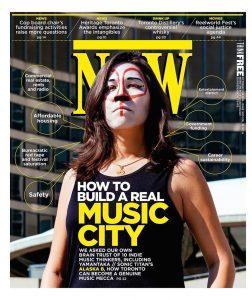

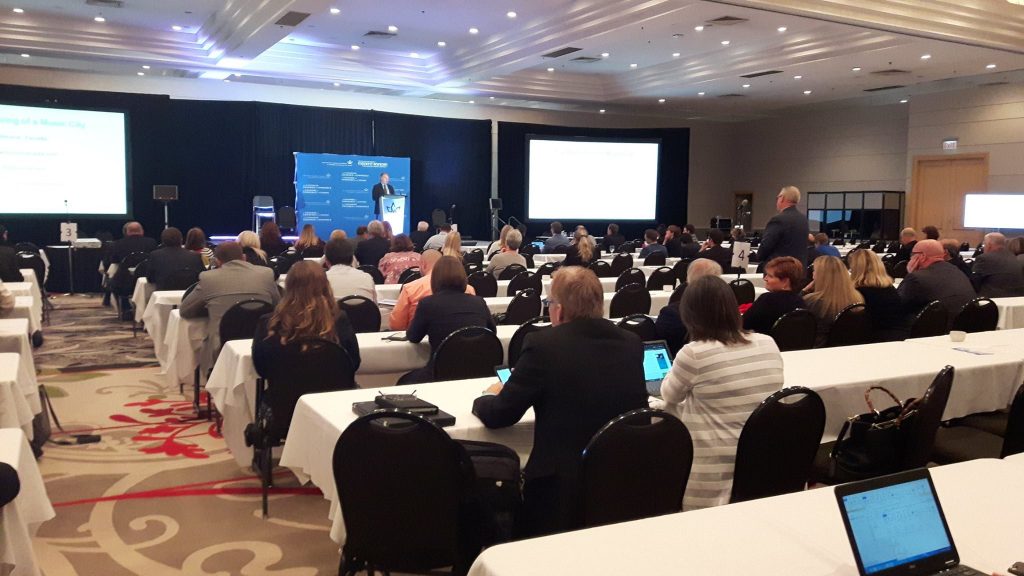
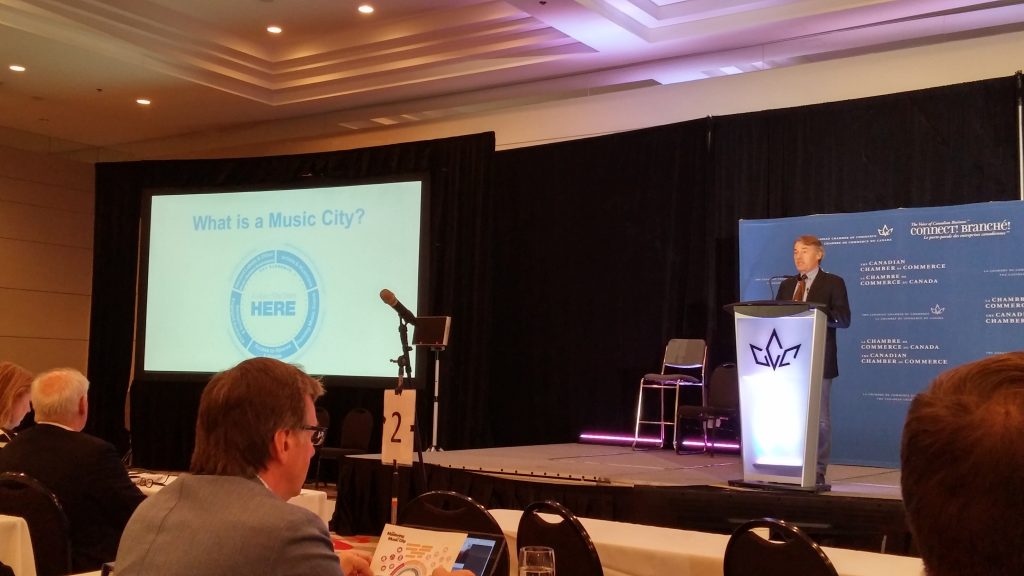

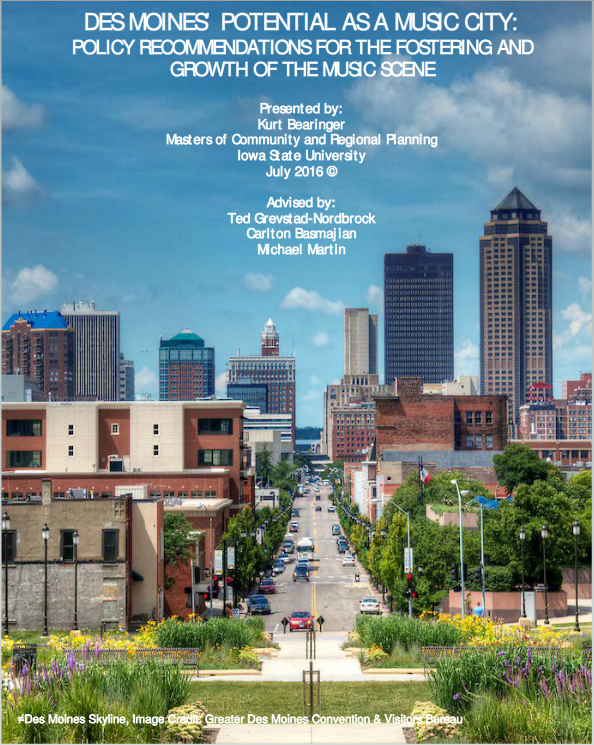
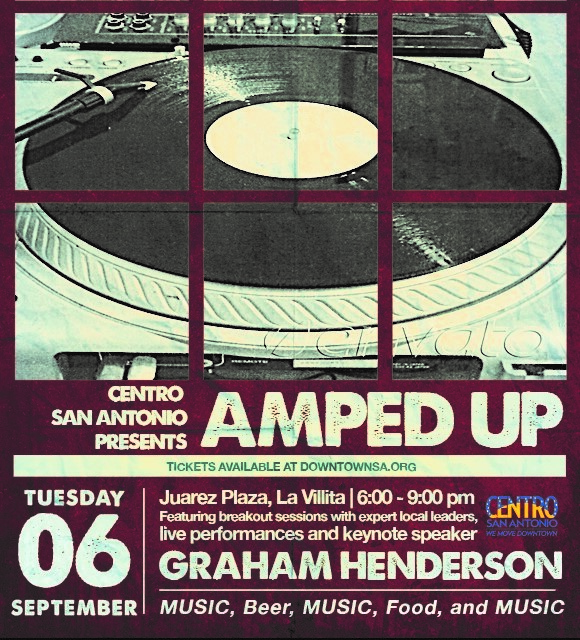



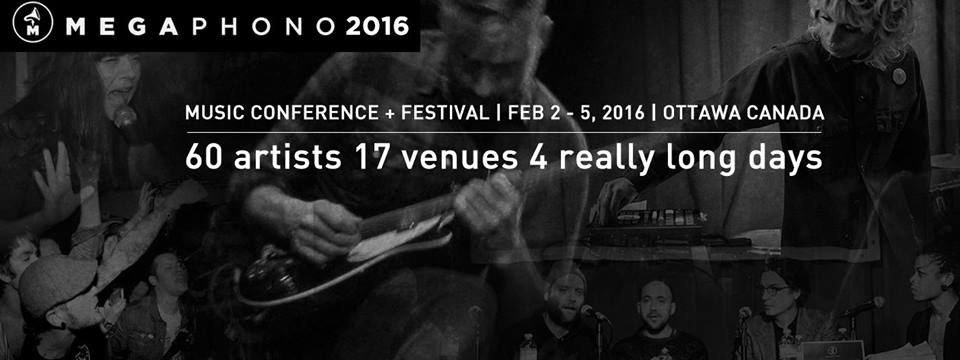
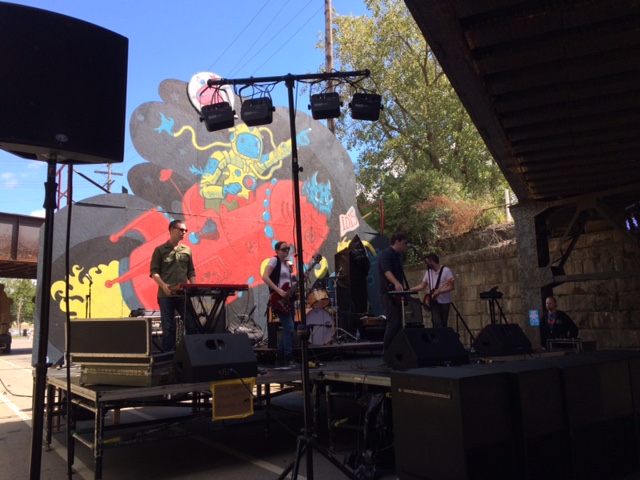



Music Canada